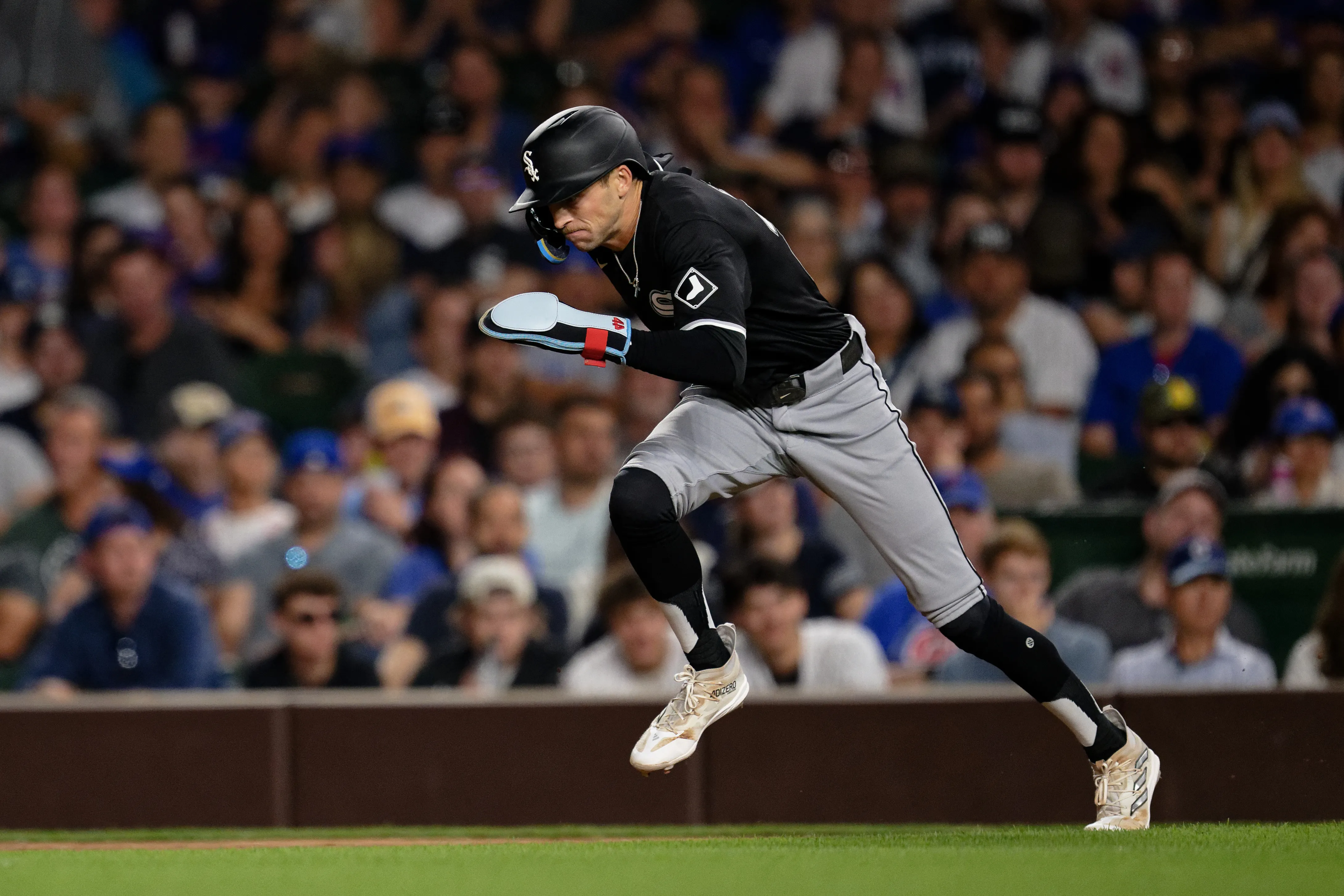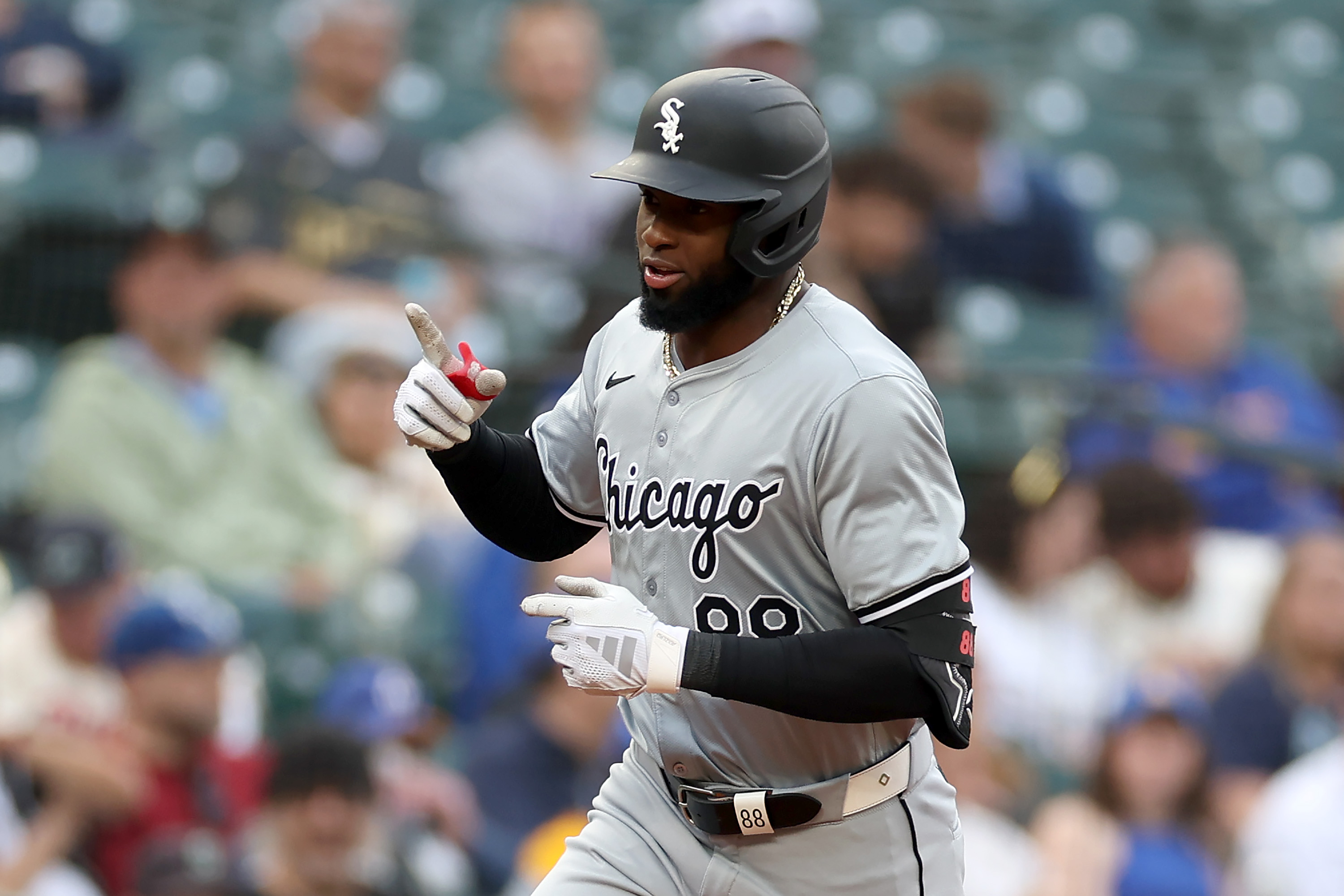Thursday's game between the Chicago White Sox and Baltimore Orioles ended on one of the more bizarre calls you'll ever see an team of umpires make.
Down 8-2 in the final frame, the White Sox rallied with four runs in the bottom of the ninth and had an opportunity to win the game with runners on first and second with one out.
Andrew Benintendi swung for an infield pop-out, and Andrew Vaughn leisurely walked back to second base as the shortstop, Gunner Henderson, moved to make the catch. The umpire called interference on Vaughn, who unintentionally (not to mention barely) stepped in the path of Henderson.
Stay in the game with the latest updates on your beloved Chicago sports teams! Sign up here for our All Access Daily newsletter.
Fans on social media immediately went after the umpire, Junior Valentine, for calling interference on a play that would have been ruled an out whether the ball was caught or not due to the infield fly rule. Whether or not Vaughn actually interfered with the shortstop was debatable, too.
So why did the umpires call Vaughn out if the interference wouldn't have mattered regardless?
The MLB rulebook states "a runner who is adjudged to have hindered a fielder who is attempting to make a play on a batted ball is out whether it was intentional or not." This means the umpire did, in fact, have grounds to call interference on Vaughn, no matter how ticky-tacky.
White Sox News
"They [the umpires] called the play correctly based on the rules," Pedro Grifol said after the game. "I just don’t like the rule. No game should end like that. That’s just my opinion."
The other controversy is whether or not an umpire can or should call interference on a played ruled an "infield fly."
The infield fly rule states that an umpire can declare the batter out on "any fair fly ball which can be caught by an infielder with ordinary effort when first and second, or first, second and third, are occupied" even if the ball is not caught. This is to prevent teams from intentionally letting fly balls drop with the intention of causing a force out.
After the game, Valentine stated an infield fly being called has no bearing on an interference call.
"If you see the interference, you call it," he said.


